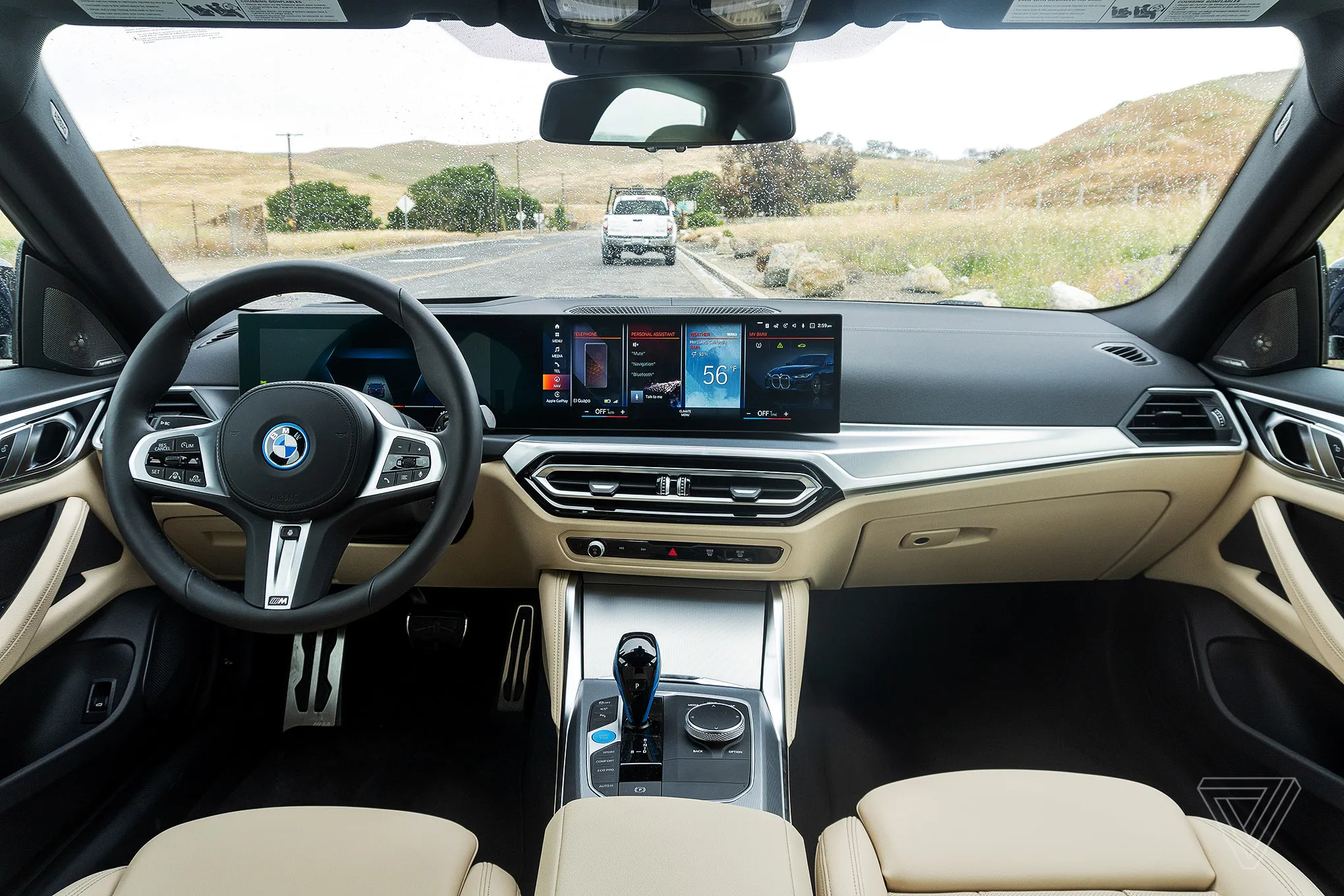In recent years, in-car technology has become almost as essential to car buyers as fuel efficiency.
The introduction of Bluetooth technology was a major milestone, allowing drivers to connect their smartphones to the vehicle’s infotainment system seamlessly.
However, it seems that automakers might have taken it a step too far. Many drivers feel overwhelmed by “technology features that don’t solve a problem, don’t work, are difficult to use, or are just too limited in functionality.”
That said, consumers do appreciate certain technological innovations in their vehicles. The study revealed that new technologies based on Artificial Intelligence (AI), such as smart climate control, have quickly gained popularity among owners who have used them.
Other innovations, however, are less well-received. It is noted that recognition technologies such as facial recognition, fingerprint scanners, and interior gesture controls have failed to capture drivers’ interest, as they “unsuccessfully try to solve a problem that owners didn’t know they had.”
Also Read: Top 10 Car Cleaning Products To Keep Your Vehicle in Pristine Condition
Some vehicle owners have expressed dissatisfaction with interior gesture controls, reporting an average of 43.4 issues per 100 vehicles. Many of these owners told researchers that this technology lacks sufficient functionality.

This raises the question: why are automakers investing millions of dollars to include these features, contributing to the continuous rise in vehicle prices? Perhaps that is the reason behind these costly additions.
“A strong advanced tech strategy is crucial for all vehicle manufacturers, and many innovative technologies are answering customer needs.
“At the same time, this year’s study makes it clear that owners find some technologies of little use and/or are continually annoying.”
The study also revealed that advanced driver assistance systems (ADAS) do not impress most drivers.
Features that address specific concerns, such as those that help eliminate visual blind spots while reversing, are generally appreciated. However, most other assistance technologies tend to leave vehicle owners unimpressed.
Also Read: Some Uber and Lyft Drivers Are Turning to Teslas as Gas Prices Cut Into Profits
For the fourth consecutive year, Genesis ranks highest overall and leads among premium brands for innovation, scoring 584 points on a 1,000-point scale. In the premium segment, Lexus (535) takes second place, followed by BMW (528) in third.
Among mass-market brands, Hyundai ranks highest for innovation for the fifth consecutive year, with a score of 518. Kia (499) is in second place, and GMC (439) comes in third.

